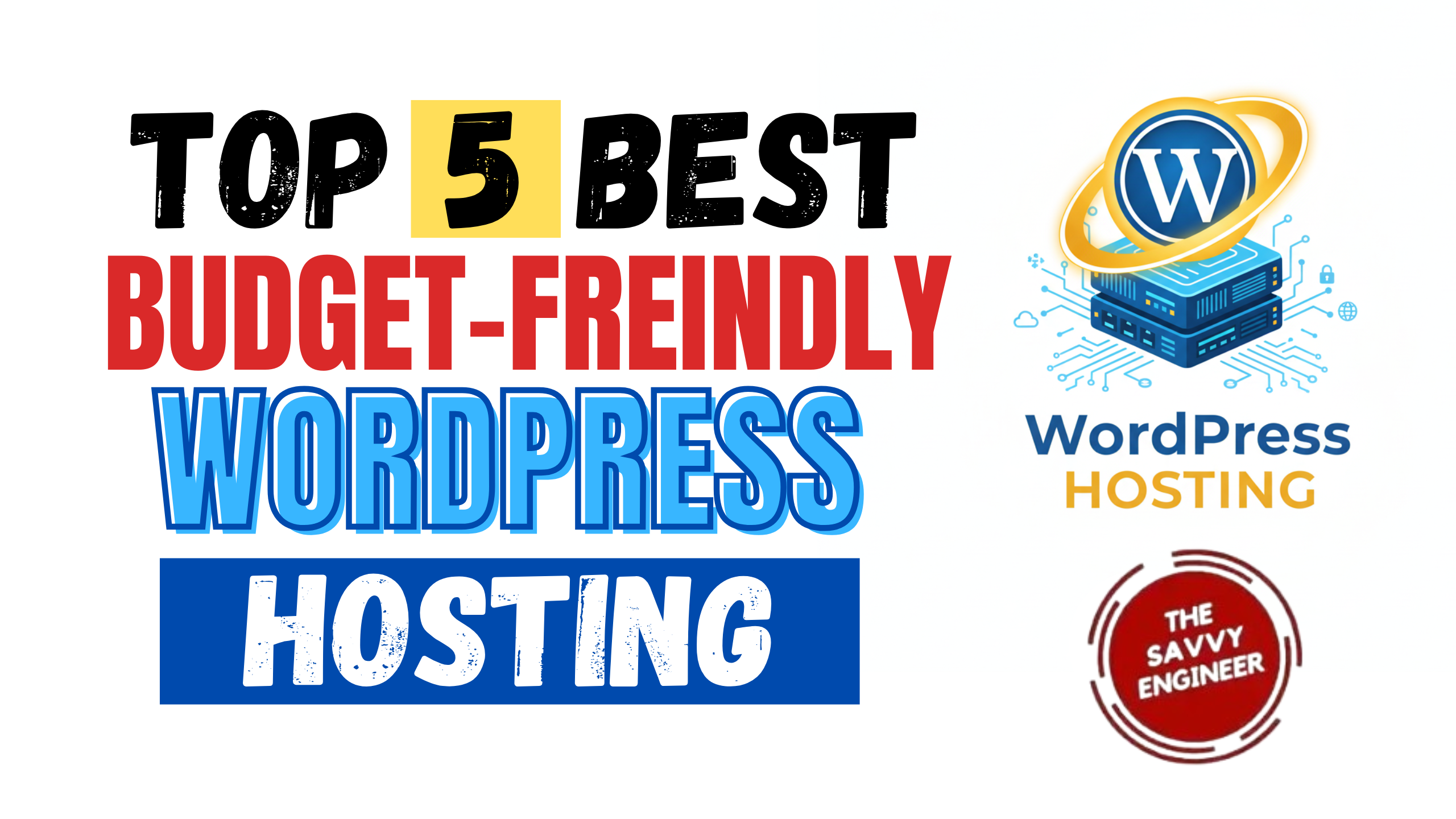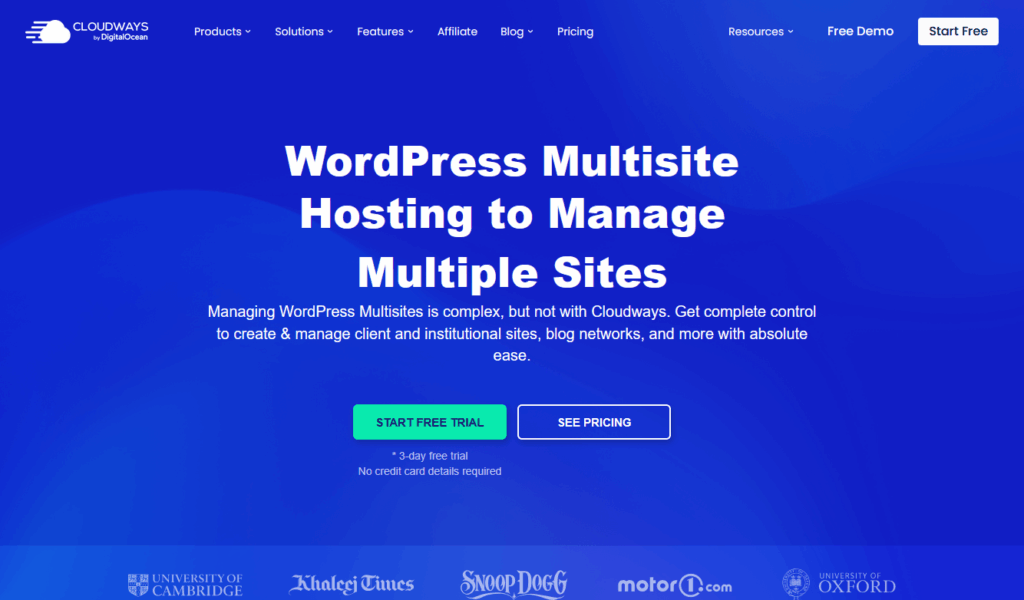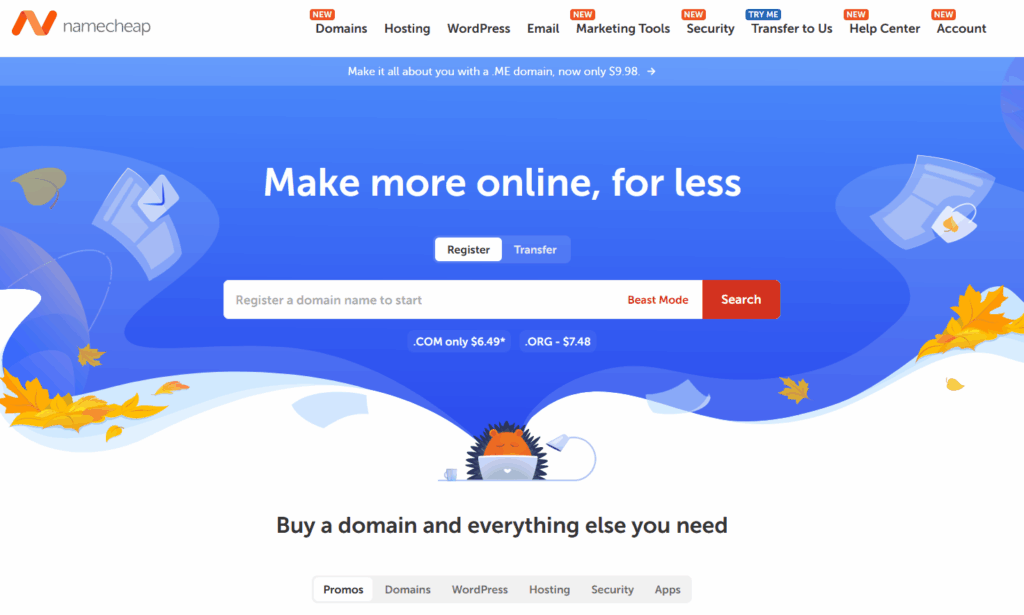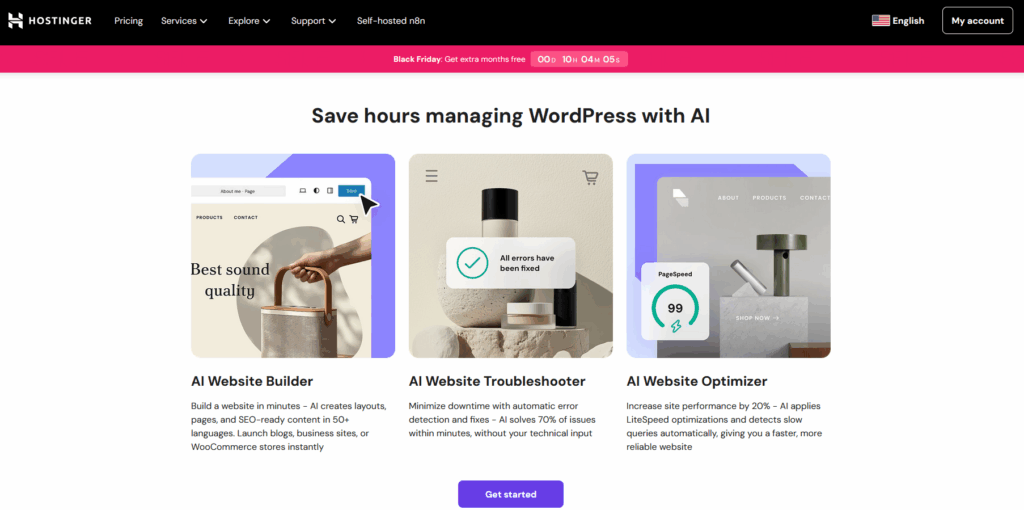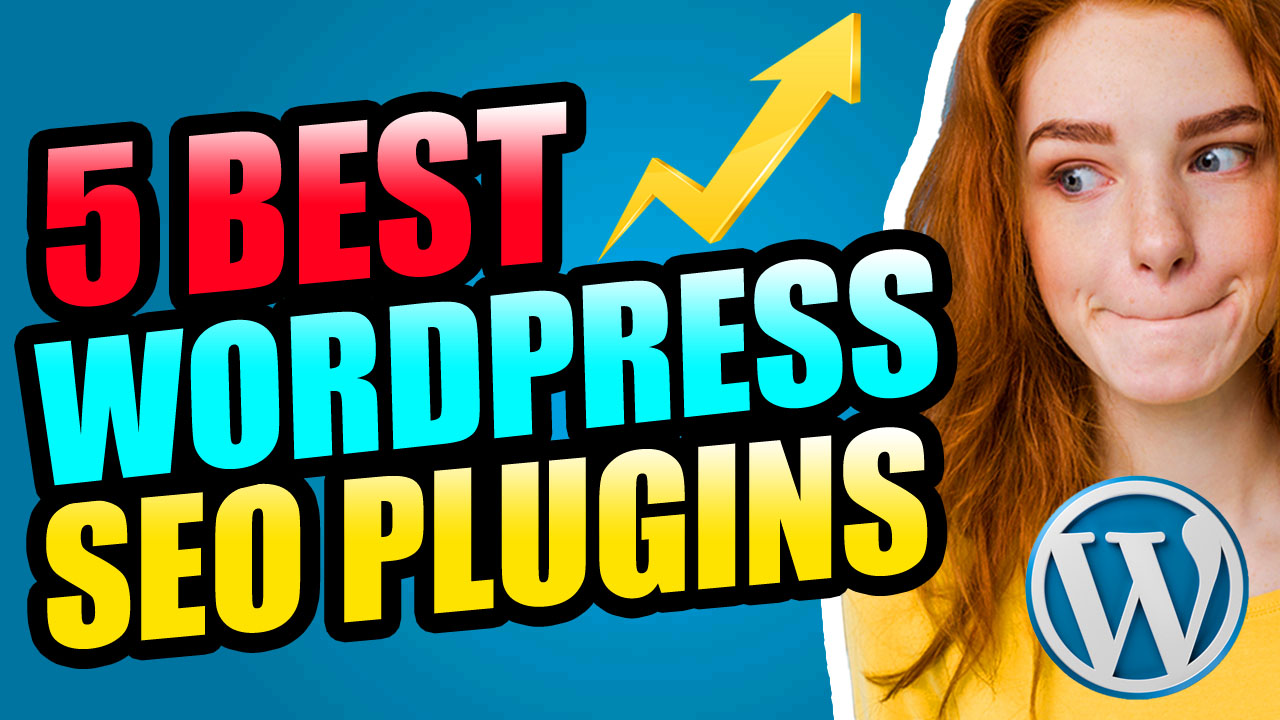WordPress hosting is a specialized type of web hosting designed to provide the best performance, security, and reliability for websites built on the WordPress platform. Unlike standard web hosting, it’s optimized specifically to handle the unique technical requirements of WordPress, ensuring faster load times and smoother operation. With WordPress hosting, users gain access to pre-installed WordPress setups, automatic updates, and technical support from professionals familiar with the platform.
There are different types of WordPress hosting, including shared, managed, VPS, and dedicated hosting. Managed WordPress hosting, for instance, takes care of all the technical aspects—like security scans, backups, and updates—so users can focus solely on creating content. For beginners, shared hosting is often the most affordable choice, while advanced users may prefer VPS or dedicated servers for greater control and performance.
One of the main benefits of WordPress hosting is scalability. Whether you’re running a small personal blog or a large e-commerce site, the hosting environment can grow with your traffic and business needs. Ultimately, WordPress hosting provides a stable foundation that helps users build, customize, and manage websites easily—making it a smart investment for anyone serious about online presence and digital growth.
What are the Top 5 Best Budget-Freindly WordPress Hosting?
1. BlueHost
Bluehost is a top-choice hosting provider optimized specifically for WordPress websites. It’s officially recommended by WordPress.org and tailored to deliver performance, security, and ease of use for both beginners and experienced site-creators.
One of the key advantages of Bluehost is its one-click WordPress installation, meaning you can get a site up and running in minutes without manual setup. It includes a free domain for the first year, SSL certificate, and offers automatic updates for WordPress core and plugins—reducing time spent on technical maintenance. bluehost.com
Performance-wise, Bluehost uses NVMe SSD storage, LiteSpeed servers, and built-in caching, which help ensure fast page loading and steady site speed—even during traffic spikes. They also provide a 99.9% uptime SLA, making them reliable for businesses and creators. bluehost.com Security is built-in, with tools like malware scanning, DDoS protection, and a web application firewall included in many plans. bluehost.com
Whether you’re launching a blog, business website, or e-commerce store with WordPress, Bluehost offers a full suite of features that simplify hosting and let you focus on content instead of technical hassles. If you’re looking for a trustworthy, WordPress-focused host with strong support and scalability, Bluehost remains a solid contender.
2. CloudWays
Cloudways is a high-flexibility managed cloud hosting provider ideal for WordPress sites that need both performance and control. What sets Cloudways apart is the ability to select from major cloud providers—such as DigitalOcean, AWS, Google Cloud, Vultr, and Linode—while still benefiting from managed services and a streamlined dashboard.
For WordPress users, Cloudways offers a stack that’s optimized for speed: built-in caching engines (Redis, Varnish, Memcached), SSD storage, and up-to-date PHP versions ensure your site runs swiftly and handles traffic surges. Migration is effortless too—Cloudways includes free WordPress migrations, staging environments, and a one-click deployment process. Cloudways
Security is also strong: included SSL certificates, optional Cloudflare Enterprise protection, daily backups, and server-level firewalls help protect your WordPress site from attacks.
However, Cloudways is not built for zero-tech users who want everything managed for them; it offers more flexibility than typical shared WordPress hosts, and that comes with a bit more responsibility. On the upside, the “pay-as-you-go” model and choice of cloud providers mean you can scale resources and only pay for what you use.
In summary, if you’re running a WordPress site—whether a blog, business site, or e-commerce store—and you need a hosting environment that balances ease with power, Cloudways is a compelling option. It gives you the best of managed hosting plus the scalability of cloud infrastructure, making it well worth considering.
3. DreamHost
DreamHost offers a robust and beginner-friendly hosting solution tailored specifically for WordPress websites. With a reputation for reliability, DreamHost is officially recommended by WordPress.org and provides a range of features that simplify launching and managing a site.
One of the standout benefits of DreamHost is its included WordPress-optimized tools: automatic updates for WordPress core and plugins, daily backups, free SSL certificates, and site staging environments for testing changes before going live.
Performance is backed by NVMe SSD storage, caching systems, and global content delivery network (CDN) options to keep load times fast and visitor experiences smooth.
Ease of use is also a focus. DreamHost uses a custom control panel designed for simplicity, making WordPress installation and domain setup quick and intuitive—even for newcomers. HTML.com Plus, their WordPress-specific plans (DreamPress series) cater to growing websites, offering more storage, higher visitor thresholds, and priority support as your site expands.
In short, DreamHost stands out as a cost-effective, fully WordPress-ready host that handles technical details so you can focus on content and growth. Whether you’re building your first blog or managing a growing business site, it’s a solid choice.
4. NameCheap
Namecheap offers a competitive and beginner-friendly option for hosting WordPress websites, especially through its EasyWP managed WordPress platform. With startup plans beginning at very low monthly rates and optimized architecture tailored for WordPress, it provides an accessible entry point for bloggers, startups, and small businesses.
One of the key advantages is the streamlined setup process—WordPress installs in minutes, and management is handled via a custom dashboard rather than a traditional control panel. This reduces technical overhead and makes site management simpler for non-tech users.Namecheap has Also features like free SSL certificate and free CDN on many plans, helping improve both security and site speed out of the box.
Performance is optimized for WordPress: EasyWP uses container-based cloud servers and caching systems, which Namecheap claims deliver significant speed improvements compared to standard shared hosting.
On the flip side, there are some limitations. Many plans support only one website, and advanced features like staging environments or multiple-site management may require higher-tier plans or other providers.
Overall, if you’re looking for affordable, WordPress-optimized hosting with minimal setup complexity, Namecheap’s EasyWP is a solid choice. It’s especially suited for those just starting out who want dependable performance and WordPress-specific features at a friendly price.
5. Hostinger
Hostinger is a highly accessible and cost-effective WordPress hosting provider, designed to deliver performance and ease for both beginners and advanced users. Its WordPress-specific plans come with one-click installation, automatic updates, and optimized server configurations that suit the platform’s demands.
One of the major advantages of Hostinger is its performance-oriented setup: it uses LiteSpeed servers and caching tools to accelerate WordPress sites, supported by SSD storage and content delivery optimizations. For security and stability, Hostinger includes free SSL certificates, malware scanning, and daily or weekly backups depending on your plan.
Additionally, the platform’s proprietary hPanel dashboard is built to simplify site administration—making it easy to manage WordPress themes, plugins, and hosting settings in one place. With a free domain often included in yearly plans and built-in migration support, Hostinger helps users start fast and grow without heavy technical hassle.
In short, if you’re launching a WordPress blog, business site, or portfolio and want reliable performance, built-in tools, and an affordable entry point, Hostinger is a strong choice. Just keep in mind renewal prices tend to increase after the first term—so be sure to review long-term costs as you scale.



